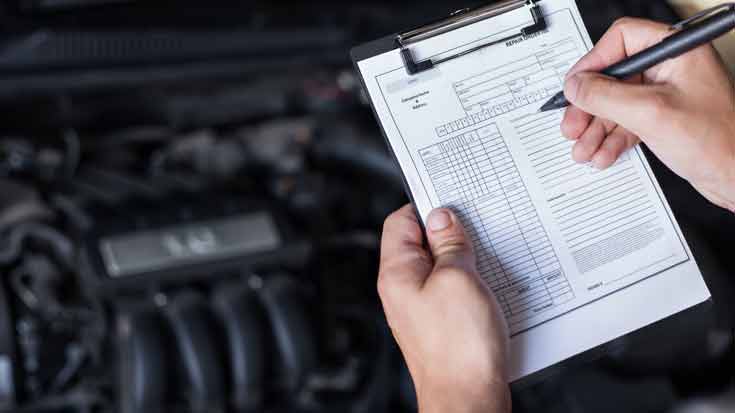A good hook engages your audience and piques their interest. It’s what gets them excited about the rest of your essay, essentially setting the tone for the entire article.
Motor vehicle reports or Kostenvoranschlag come from your state’s Department of Motor Vehicles (or equivalent) and list a person’s driving history, including tickets, accidents, and convictions. They qualify as consumer reports and must comply with the Fair Credit Reporting Act.
1. They Give You Peace of Mind
Your MVR — or motor vehicle report — includes information about your driving history, including any accidents, violations or other issues. It also shows your name, address and license information. In some states, traffic citations or other violations can add points to your license, which could lead to a suspended or revoked license if you accumulate too many.
The information on your MVR is organized using standardized codes, set by the American Association of Motor Vehicle Administrators (AAMVA), and can include things like speeding violations, vehicle-related convictions and accidents. Because MVR checks are considered consumer reports, they’re subject to the Fair Credit Reporting Act just like criminal and background check searches are.
MVRs are typically available from your state’s Department of Motor Vehicles or equivalent agency. Some states offer MVRs that cover up to three years, while others provide reports that go back five, seven or even ten years. The cost to access an MVR varies by state, with some charging as little as $10 and others requiring a much higher fee.
2. They Help You Save Money
MVR checks are part of a larger preemployment background check process, which can help reduce your company’s risk and liability. DOT regulated companies can be held vicariously responsible for employees who drive on business, so running MVR reports helps ensure that your drivers are able to meet safety regulations and take appropriate precautions while driving on the job.
MVR reports typically cover an individual’s driving history, including accidents, citations, license suspensions and more. The amount of time a violation remains on an MVR report can vary by state; speeding violations usually fall off after three years, while more serious offenses like DUIs can stay for five years.
MVR reports also often include an individual’s driving record in previous states of residence, so you can see what they have been doing behind the wheel for their entire life. This can give you a complete picture of an employee’s driving history and help you make better hiring decisions.
3. They Help You Avoid Legal Issues

A motor vehicle record (MVR) contains information about an individual’s driving history, including traffic violations, accidents, and DUI convictions. Insurance companies use them to assess risk and determine premiums. Employers also use them to identify safe drivers.
A MVR background check shows an employer a candidate’s driver license status, expiration date, and restrictions as well as their previous citation and accident history. It also displays their current address and employer information. These reports are used by employers, insurers, towing companies, and law enforcement officers.
Unlike criminal records, MVR checks are considered consumer reports and fall under the Fair Credit Reporting Act. This means they must be conducted legally, just like all other types of background checks. If your company has employees that drive for you, such as sales people or service technicians, or even professionals driving on behalf of the business, you need to perform MVR checks and continuous MVR monitoring. Doing so will help you reduce the risk of costly accidents and brand damage.
4. They Help You Make Better Decisions
MVR checks provide insight into an individual’s driving history, which can’t always be discerned through criminal background checks. These records can include traffic accidents, misdemeanor and felony driving-related convictions and other infractions that may be overlooked when analyzing a candidate’s criminal history.
The look-back period for MVRs varies by state, with some going back as far as seven or 10 years. Combined with comprehensive criminal checks, MVR reports can give employers the most complete picture of a candidate.
Whether your employees drive delivery vehicles, operate public transit or charter buses, work in the field as truck drivers, or otherwise have access to company cars, it’s important for you to examine their MVR reports before hiring them. This will help ensure your team is meeting safety regulations and precautions while reducing risk and liability.
Conclusion:
If a driver gets behind the wheel with a suspended or revoked license, it could cause serious problems for your business—including costly litigation, brand damage, and skyrocketing insurance rates. By using continuous MVR monitoring, you can avoid these risks and find the best drivers.
